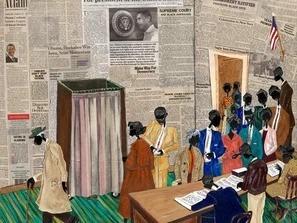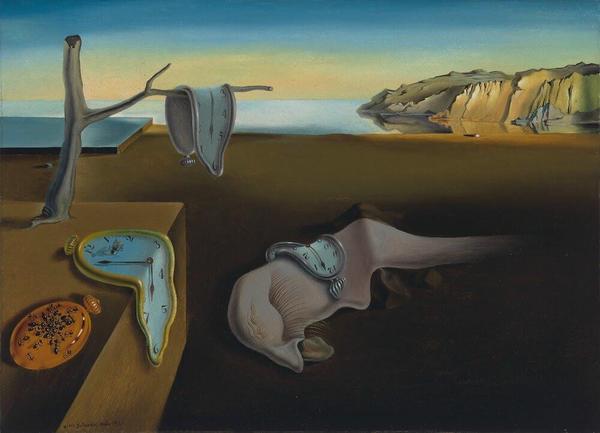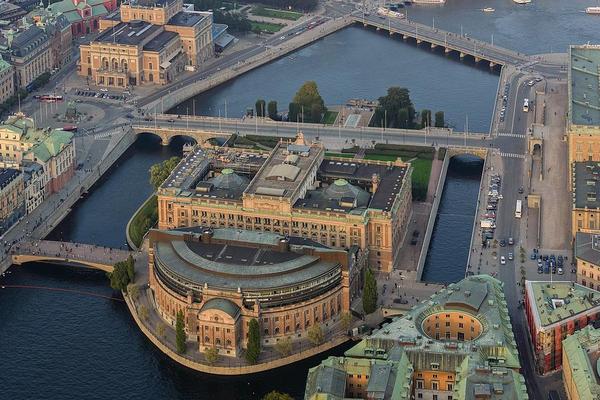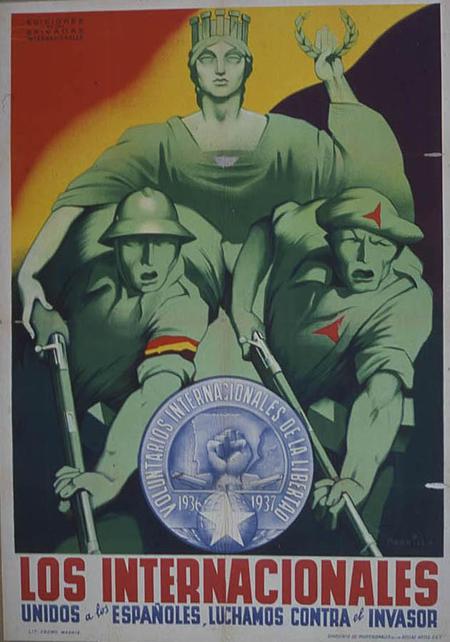
For a long time being, words has always been a part of my professional journey. Since my first blog back in 2010 until the last one, I kept writing. But what I was missing (or not spending enough time on) was editing. I corrected this course by being involved in editing. Recently, I joined Arcadia, a non-profit organization promoting art and science through academics articles.
As an editor, I am working closely with a researcher (writer) and help this person to bring the article live on the website through:
- Content quality control
- proofreading and fact-checking
- Collaboration with writers/researchers
- Plagiarism and originality assurance
- Publication oversight
Check below the articles I worked on.
 Filters & Sorting
Filters & Sorting


